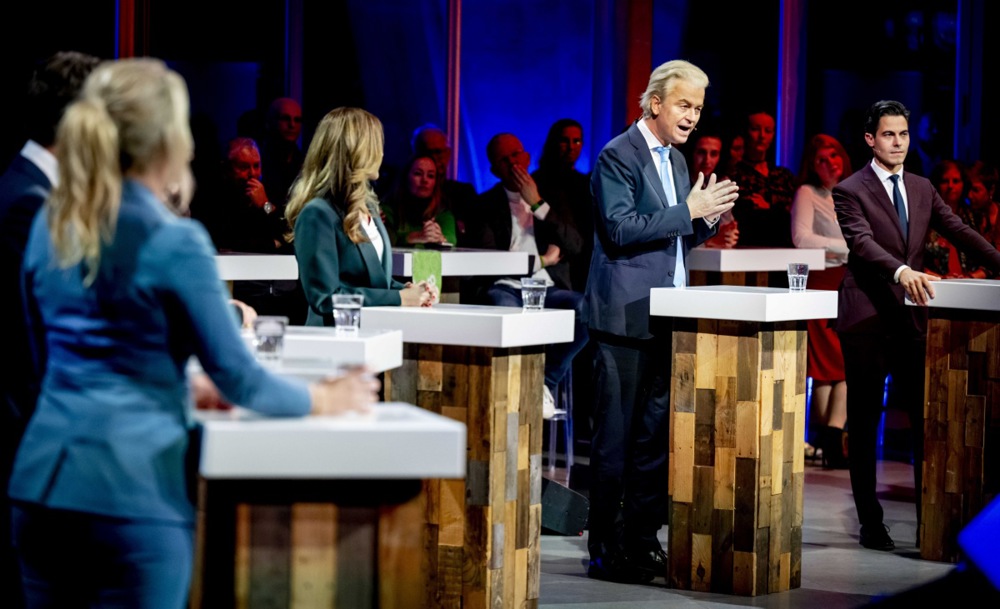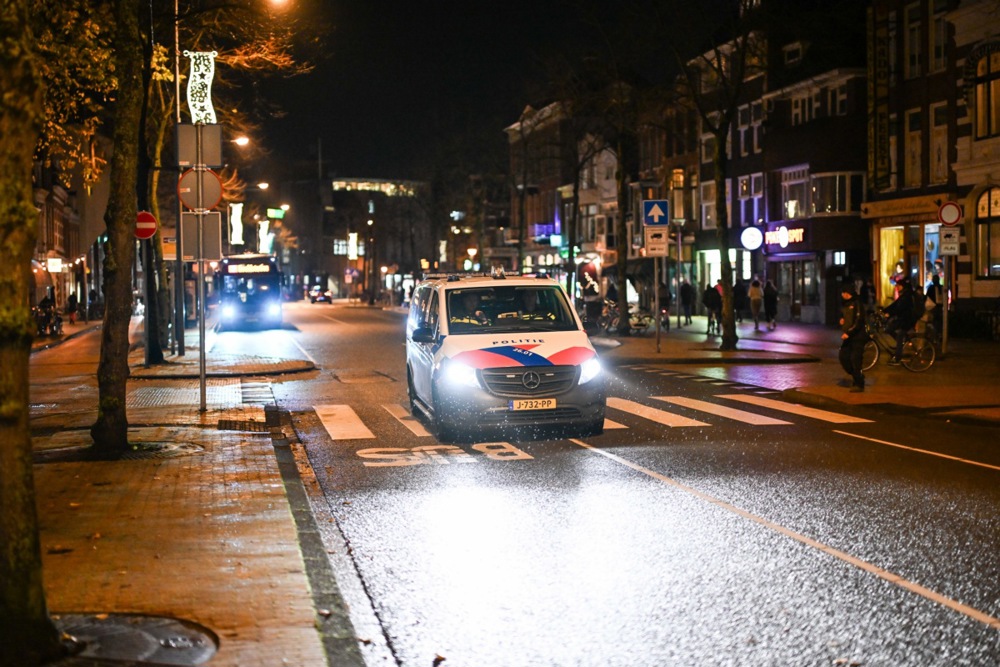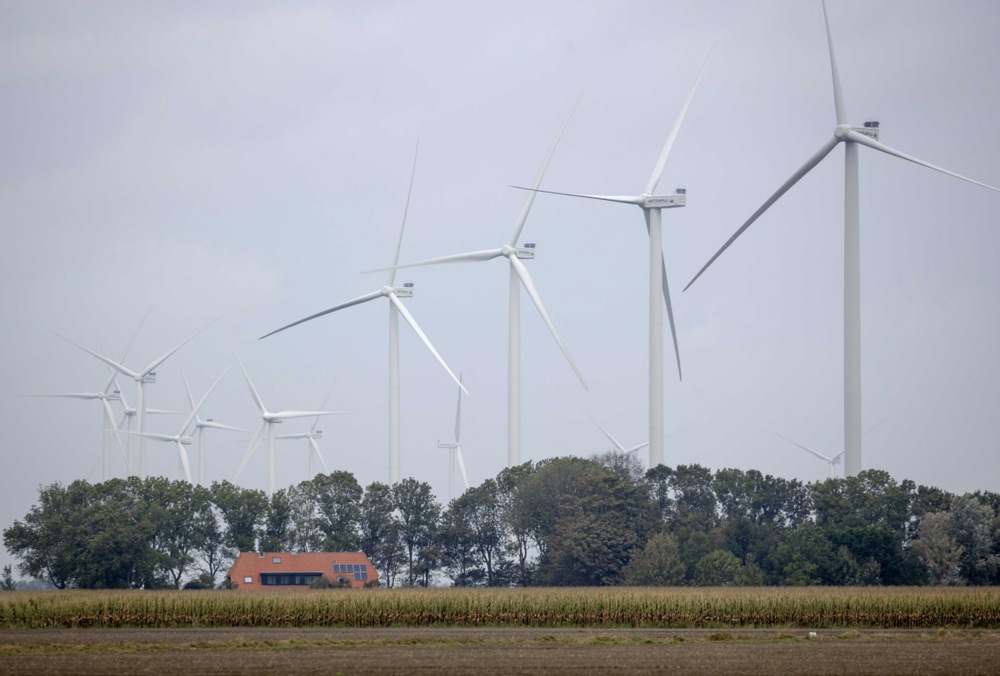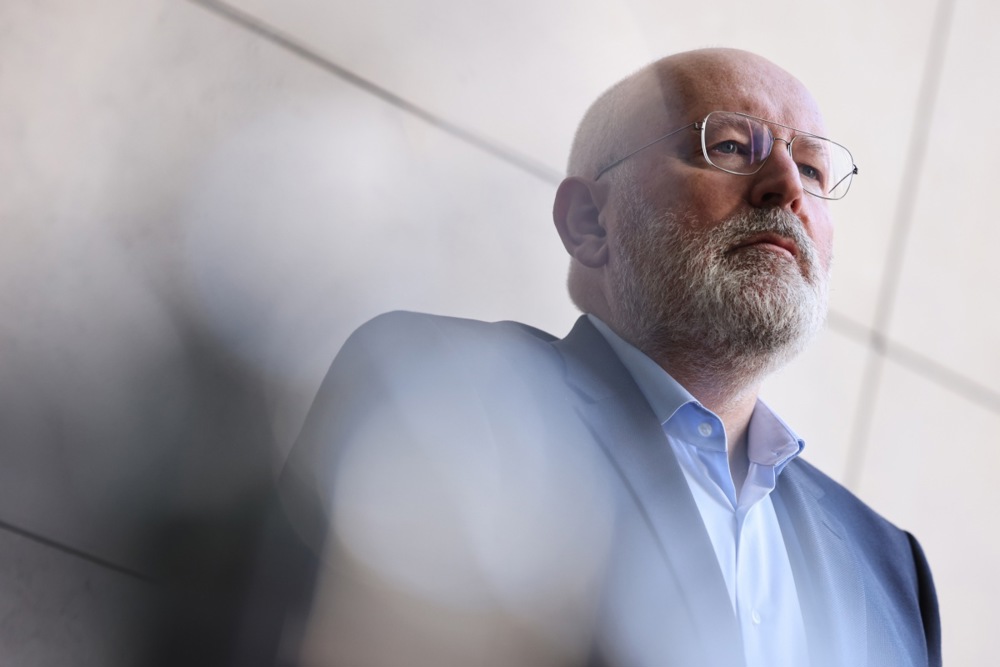Geert Wilders’s attempt to lead a Dutch Government hit a setback on November 24 when Dilan Yesilgöz, leader of the Liberal centre-right VVD party, said the party’s newly elected MPs will not join any coalition.
Yesilgöz, who replaced outgoing Prime Minister Mark Rutte as leader of the VVD, said she felt the loss of seats for her party in the recent elections meant it could not be part of a future coalition cabinet.
She did leave the door open for possibly supporting a new centre-right minority government put together by the opposition.
“In this new landscape, the PVV and NSC [parties] emerge as significant winners. After 13 years, a change in role suits us. The voters have also signalled ‘VVD, take a step back’,” Yesilgöz said.
“However, we are committed to facilitating a centre-right [minority] cabinet. We will back constructive proposals.
“We are going to enable a cabinet of winners.”
Yesilgöz pointed out that her party lost 10 parliamentary seats in the elections. “That’s almost a third, and a signal from the voters. But again, we are not going to turn our backs on all the people who did vote for us.”
Her decision caused anger among the PVV and BBB, which hoped to form a right-wing cabinet with the VVD.
“It is her choice,” said PVV leader Geert Wilders. “But I don’t think it is what the Dutch people want. Evidently, the Netherlands is waiting for a centre-right cabinet.”
Wilders accused Yesilgöz of dropping out when “negotiations have not even begun”.
Caroline van der Plas, chairwoman of the BBB, also said she did not appreciate the choice of the Liberal party.
“In my opinion, it’s about the people and the voters wanting something,” she said. “I find it strange.
“A losing party may also be involved.”
Van der Plas said she was also willing to participate in a minority government: “If it has to be, then it has to be.”
NSC chairman Pieter Omtzigt called the VVD’s choice “remarkable” and said he was “surprised it happened just before the conversation starts”.
Omtzigt said he believed the VVD choice “complicates” the coalition-forming process: “It is not my preferred method to do things this way,” he added.
Other political parties, with less chances of ending up in a future coalition, also seemed baffled by the Liberals’ move.
About his own coalition preferences, Omtzigt was unwilling to say anything. He indicated he would talk to PVV senator Gom van Strien, who has been selected by Wilders to be the party’s lead political negotiator.
Van Strien is set to start examining prospective alliances at the request of the PVV. He will also determine the proposed content of future coalition talks.
Trots op onze senator en nu verkenner Gom van Strien! ? https://t.co/Asv8q6ThDQ
— Geert Wilders (@geertwilderspvv) November 24, 2023
The decision by the VVD not to join any coalition but possibly support a minority cabinet would put it in the same spot as the PVV during Rutte’s first government between 2010 and 2012.
That fell over a package of multi-billion euro cuts, as PVV decided the cuts were hurting working-class people too much.
Left-wing parties then offered their support for the cuts in order to comply with European Union budget norms.





